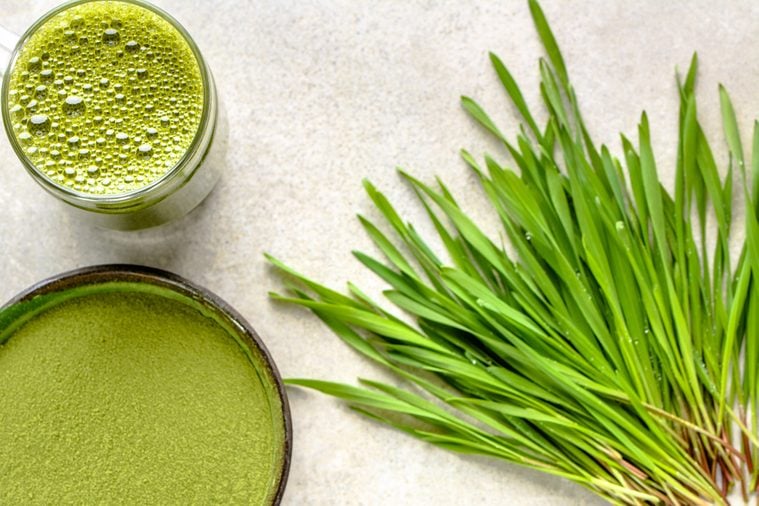
Wanted: a stronger immune system
Everyone wants a stronger immune system, especially during cold and flu season. And there’s no shortage of suggestions—from wheatgrass and other immunity shots and immunity mushrooms to dietary supplements to old standbys like honey and chicken soup. It’s hard to know what to believe. Mike Finkelstein, MD, an internist at Scarsdale Medical Group, agrees it’s confusing: “A lot of what you might think is bad is good, and what you might think is good is not good enough,” he says.
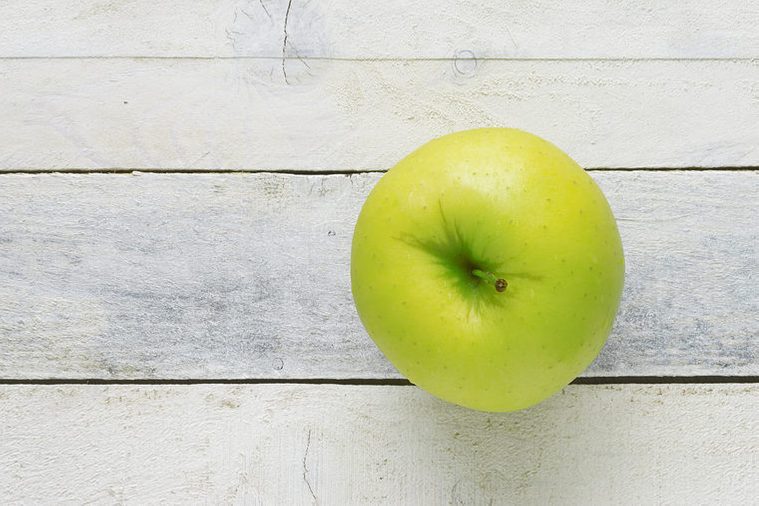
An apple a day
Does it really keep the doctor away? “They have some vitamins, and the skin is good for digestion and cleans your teeth,” says Dr. Finkelstein. “It’s a healthy fruit.” However: “Apples contain a lot of water and air. From the point of view of immunity, the fruit makes no difference.” Apples also consistently appear on the Environmental Working Group’s Dirty Dozen list of produce that contains the most pesticides. Here are some foods that actually boost your immune system.
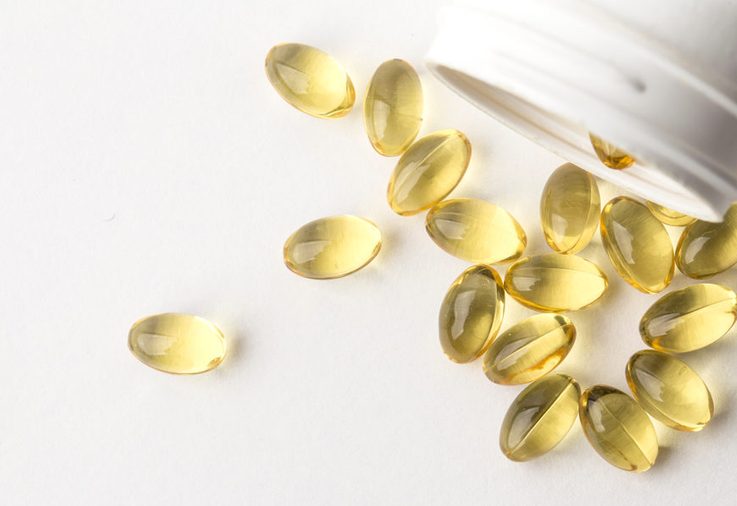
Vitamin D
This vitamin boosts bone health and also may help ease muscle aches and pains and prevent headaches. “But it doesn’t do anything to strengthen immunity,” says Dr. Finkelstein. It’s fine in moderation, he says, but too much can cause vitamin D toxicity and lead to a buildup of calcium in your blood. He considers normal dosing to be 1,000 mg a day.
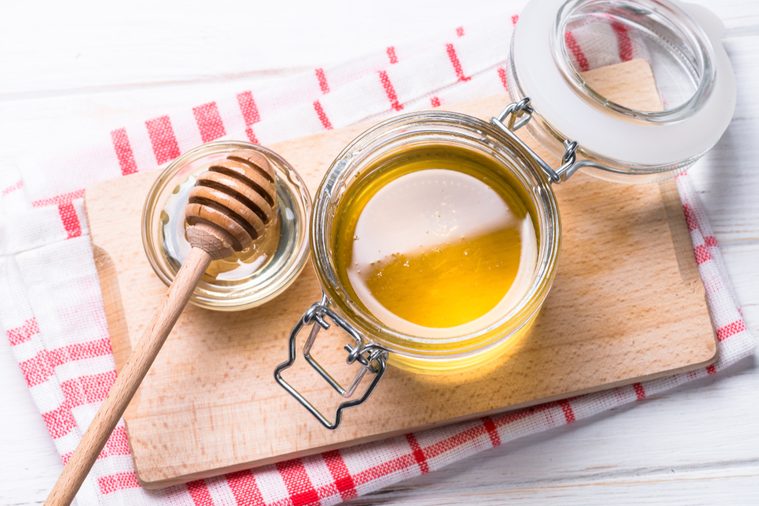
Honey
Many people consider honey to be one of nature’s best natural remedies. While it does have some scientific backing as a cough suppressant and a dressing for wounds, there’s no evidence it boosts the immune system. In fact, quite the opposite: “Honey is sugar,” says Dr. Finkelstein, “and sugar, in general, lowers your immunity.” It’s especially important to avoid giving honey to children under one year old because it raises the risk of botulism, a serious paralytic disorder. Check out these 12 habits to boost your immunity instead.
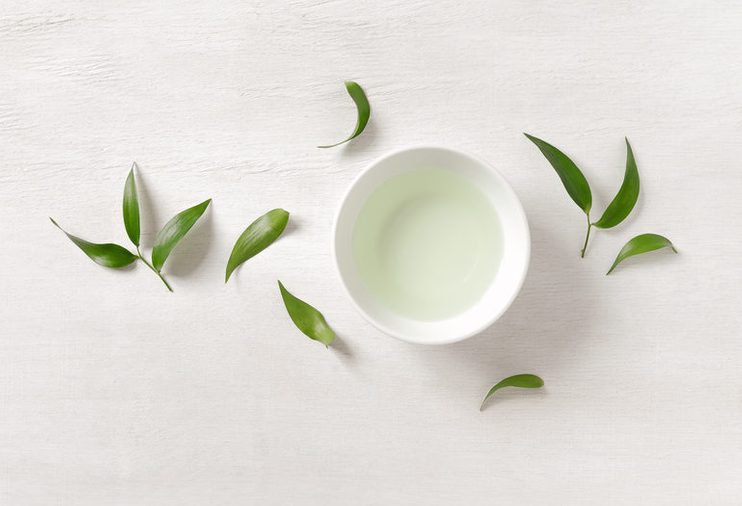
Green tea
“This doesn’t have as much power as people think,” says Dr. Finkelstein. “Any tea is good for you, but green tea doesn’t have it over any other tea.” He adds that there’s a commercial aspect to much of the ballyhoo about green tea—”the business of medicine,” he says. Instead of buying green tea, he offers a simpler and less expensive suggestion: Drink water.
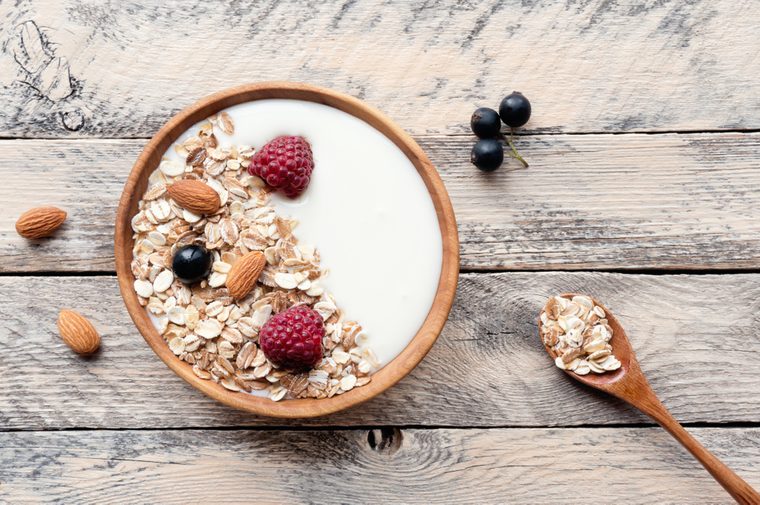
Probiotics
These healthy bacteria—found in supplements as well as fermented foods such as yogurt and sauerkraut—offer benefits like helping out your digestive system to easing skin conditions like eczema. Some people also credit probiotics as an immunity booster, but the scientific evidence for that is inconclusive, says Dr. Finkelstein.
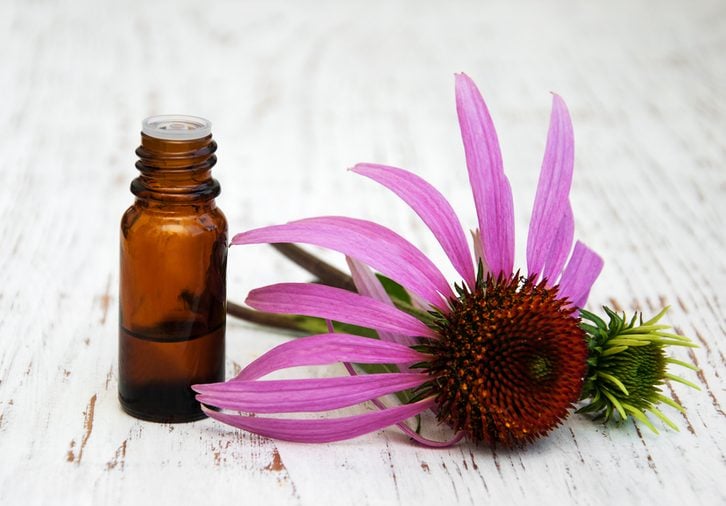
Echinacea
Many people take echinacea, made from the dried root and leaves of the purple coneflower, to prevent and treat colds. “I’m not a big believer,” says Dr. Finkelstein. “It’s mind over body. Patients come in when they’re ill and tell me they took echinacea, and I say, ‘It didn’t work, and that’s why you’re seeing me today.'” Research has shown that taking echinacea can shorten the duration and severity of colds and other upper respiratory infections. But studies of echinacea as a preventive have not shown positive results. Don’t miss how doctors avoid colds and flu.
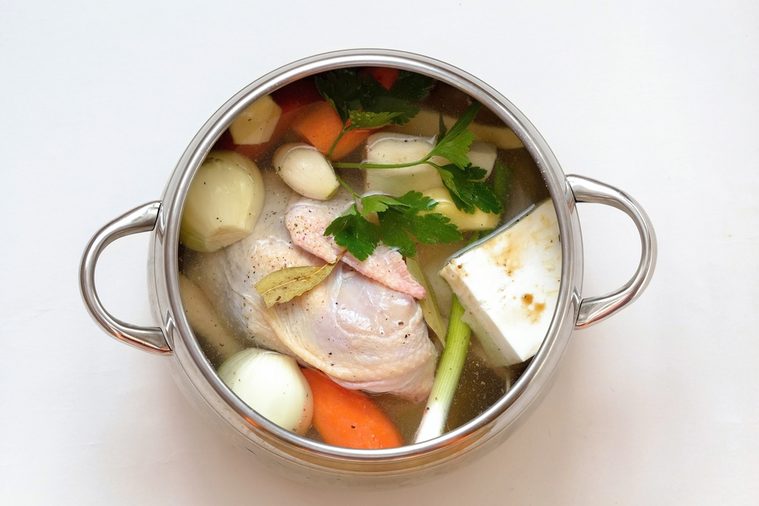
Chicken soup made with bouillon cubes
Your grandmother’s favorite remedy—chicken soup—is a valid immune booster, under one condition: “You have to use real chicken,” says Dr. Finkelstein. “You can’t use chicken bouillon cubes, and you can’t have vegan or vegetarian chicken soup.” It’s the chicken’s fat and skin that has antiviral properties, he explains.
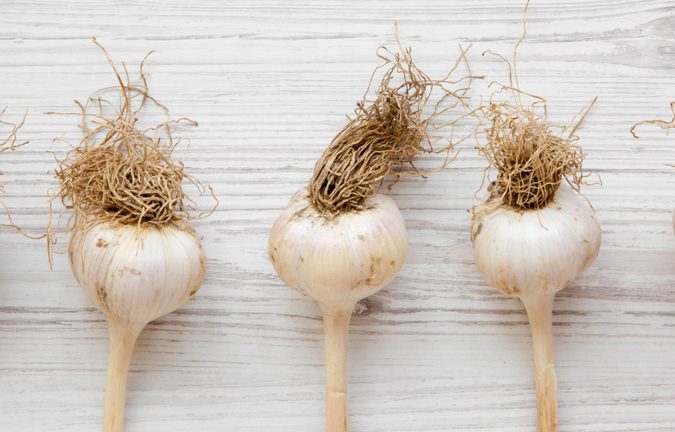
What does work?
“There are a lot of old wives’ tales that work,” says Dr. Finkelstein. They’ve lasted through the years for a reason, he explains. Among the immunity boosters with solid evidence behind them: “Zinc is a definite plus,” says Dr. Finkelstein. “Vitamin C isn’t so much a cure for a cold but can help to prevent it and keep your immune system up and running. And garlic has a lot of immune-boosting properties.” Check out these tips from people who never get sick.
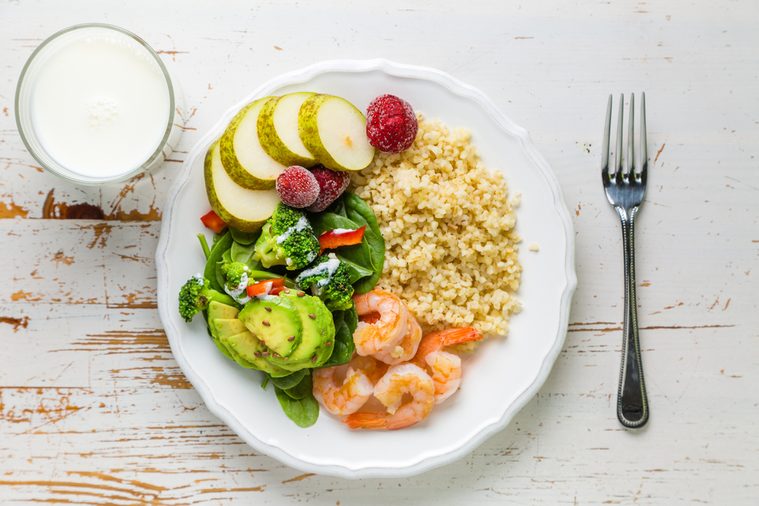
And don’t forget this advice
Get plenty of sleep. Spend time in the sunshine. Don’t smoke. Wash your hands with warm water and soap. Exercise. Eat a nutritious diet. “All these things are important for overall health and for boosting the immune system,” says Dr. Finkelstein. Next, find out the habits that might be lowering your immunity.
